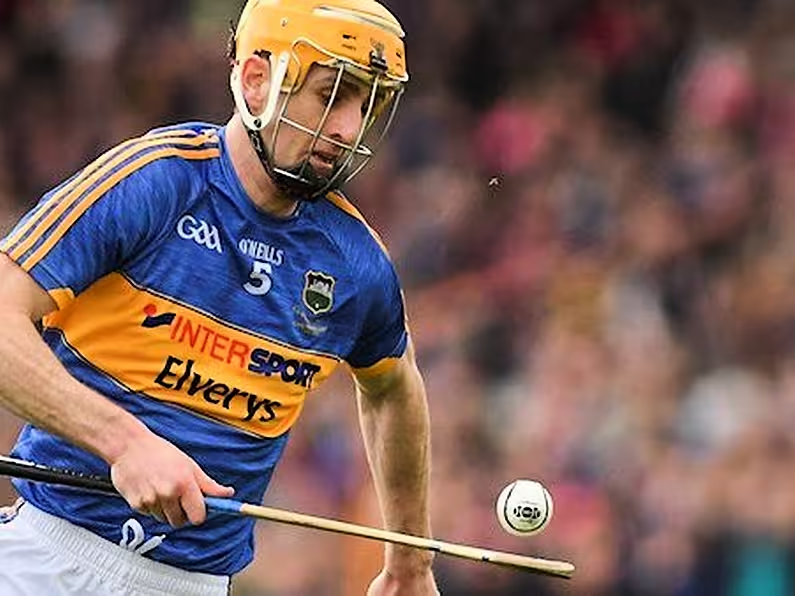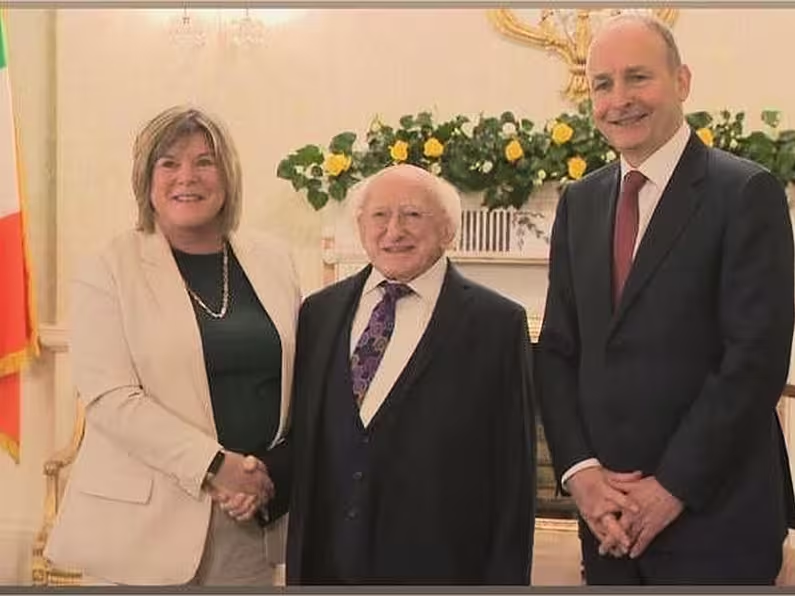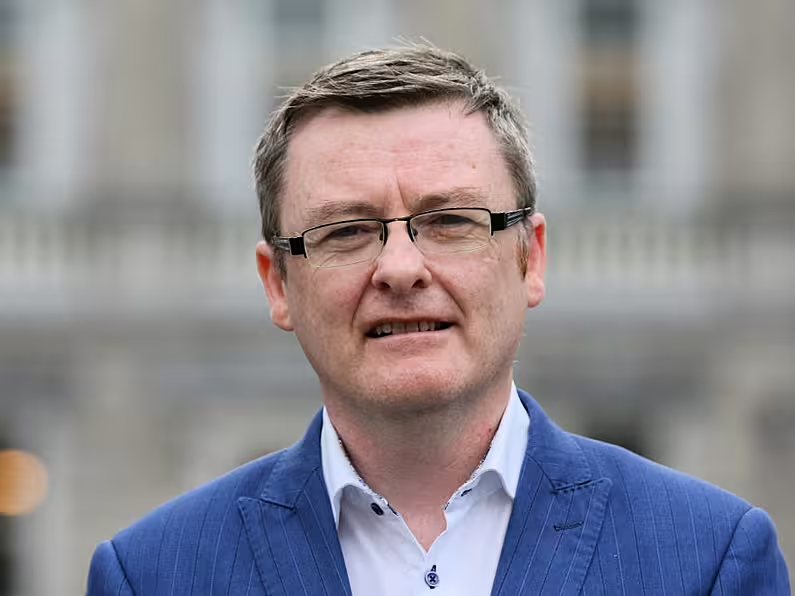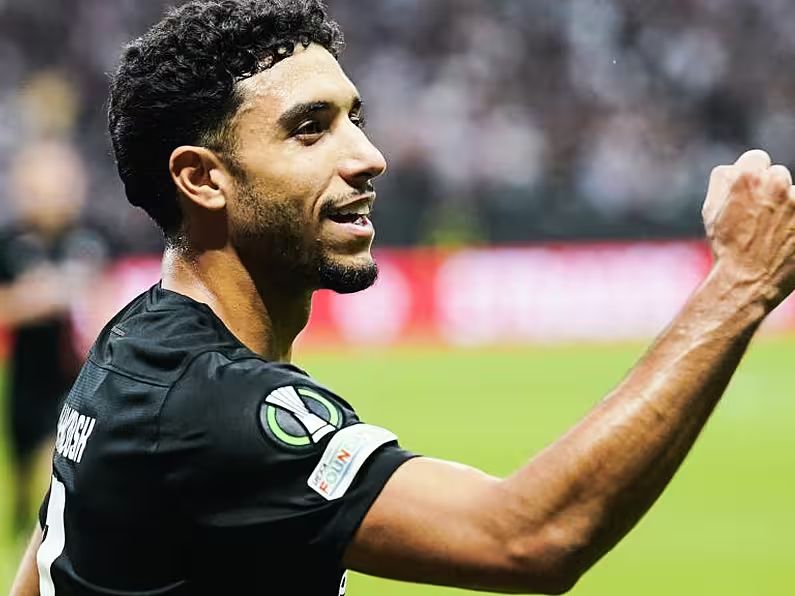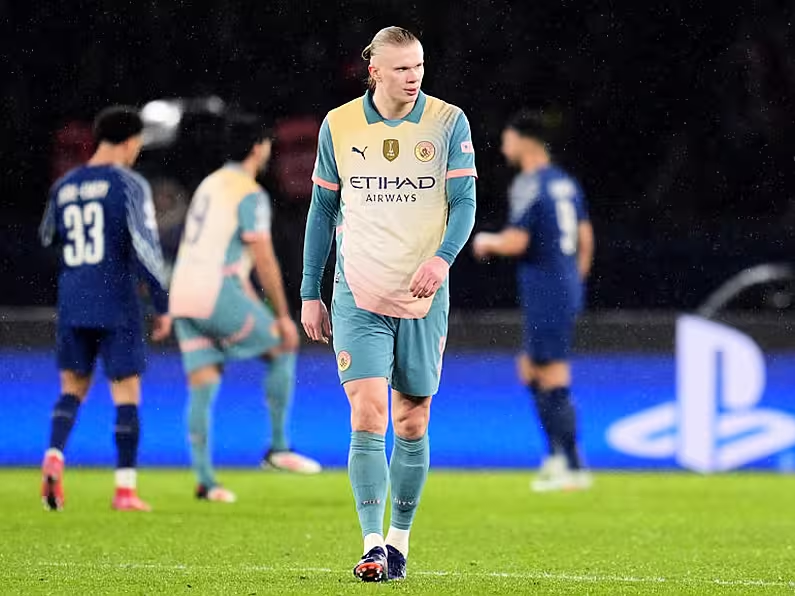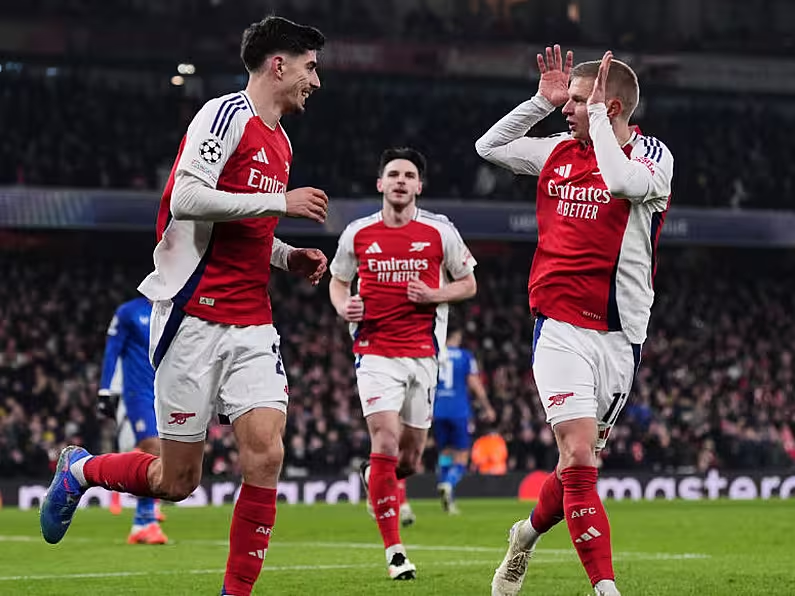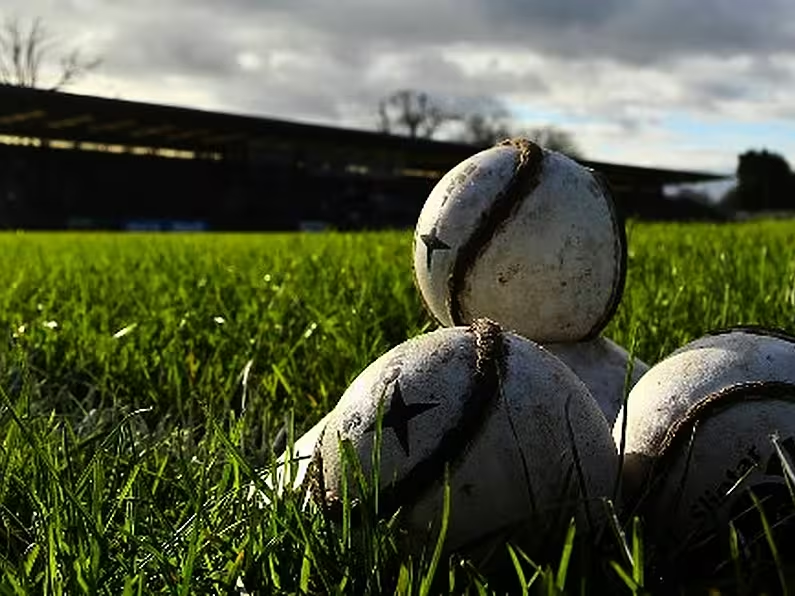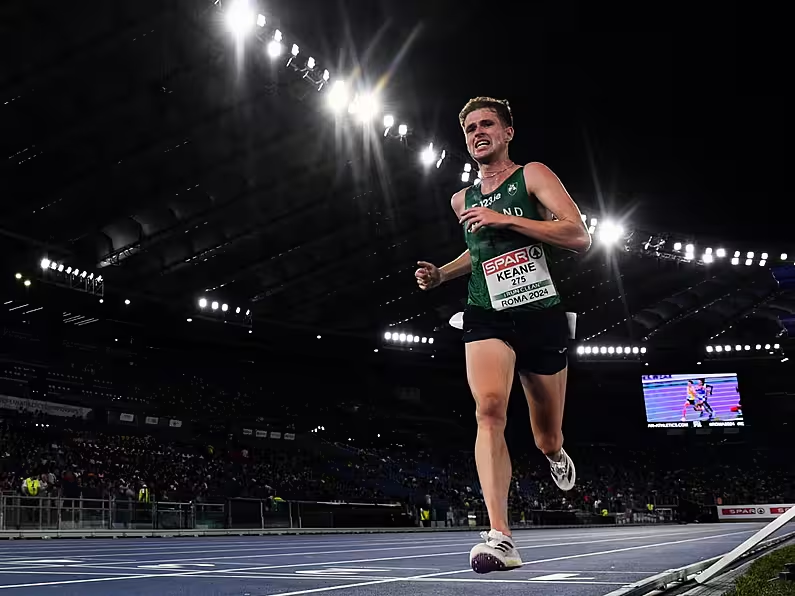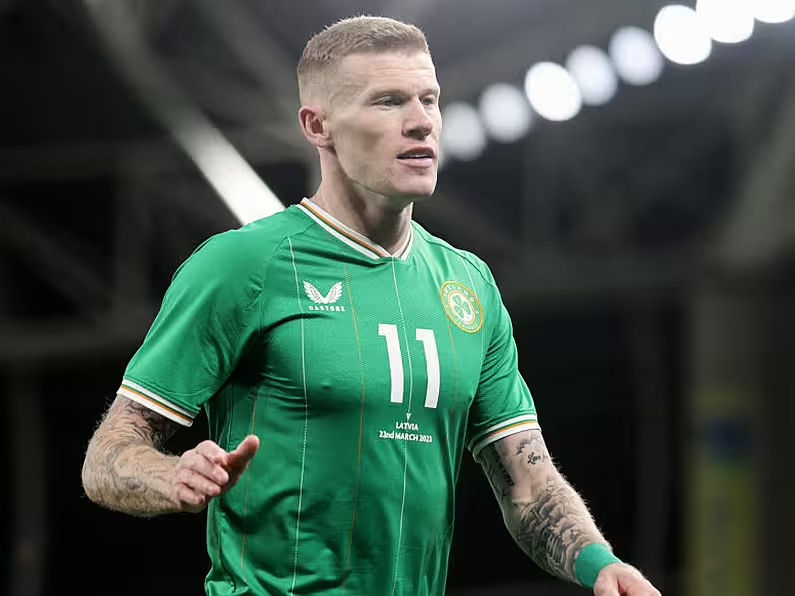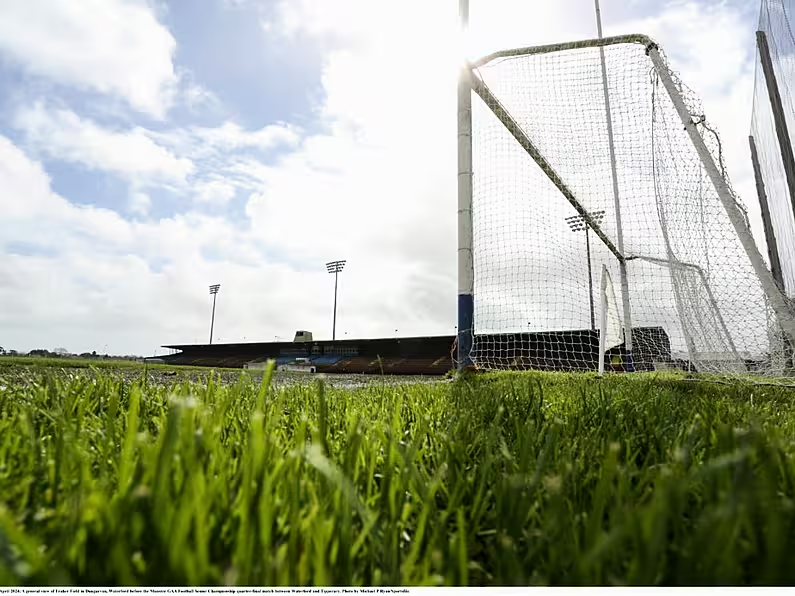One of the leading GAA medics has called for the organisation to withstand the backlash against red cards for high tackles in hurling.
Donegal team doctor Kevin Moran, who treated Ryan McHugh for two concussions in the space of seven months and a bleed on the brain last year, has endorsed the position taken by the referees’ body that head high fouls are sending off offences.
Tony Kelly was dismissed for a challenge on Pádraic Maher last Saturday week.
On Saturday, Tipperary defender Barry Heffernan, assisted by Dr Brendan Murphy, left the field with suspected concussion having suffered it on three occasions in six months between 2015 and 2016.
Heffernan was forced off after Gearóid Hegarty’s elbow made contact with his head area.
Moran says: “I would be completely in agreement with the GAA’s and the referees’ stance as regards high tackles and frontal charges because they are very dangerous.When you get concussion, it doesn’t have to be a direct blow to the brain; it’s when the brain bounces around in the skull and clearly there are individual susceptibilities in that some players can receive a tremendous amount of trauma and not appear to suffer any ill-effects and other players can sustain a relatively small amount of trauma and have very significant problems.
“I’m seen as a football doctor but having said that I’m on the medical, scientific, and welfare committee. There was a backlash after Tony Kelly being sent off but certainly, I did see some tackles over this weekend that could be dangerous, no doubt about that.”
The mandatory wearing of helmets in hurling may suggest players are safer and they are, remarks Moran, but not from the threat of concussion.
“There is no equipment that can help to prevent it. There are some studies that have suggested players wearing protective support are given a false sense of security.
"Helmets protect from cuts and surface wounds and perhaps even fractures but certainly not the brain.
“The helmet does provide facial protection and for the eyes. Nobody has any doubt in Croke Park that helmets are invaluable from that point of view but they don’t offer any protection against concussion. Absolutely not.”
There’s no recommended limit of concussions an athlete can suffer until they can no longer play the game.
After four “knocks”, McHugh on the advice of Moran, took a complete break towards the end of the year to recover.
“The important thing about concussion is that it’s diagnosed immediately,” says Moran.
“The team doctors take the player off as soon as they suspect concussion.
“If you go through a return to play protocol that has been carefully supervised and signed off by a doctor, all the indications are that the vast number of players make a complete recovery and don’t have any ill-effects.
"The problem is when the players are left on the pitch, when they don’t go through the recovery protocol and they come back too quickly.
"If players get concussed a second time and the symptoms are getting more severe then you need to take even more care of the player.”
By John Fogarty GAA Correspondent - Irish Examiner



